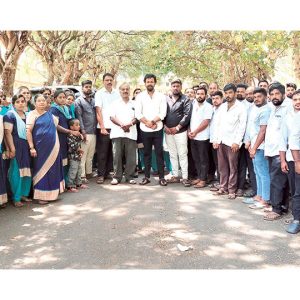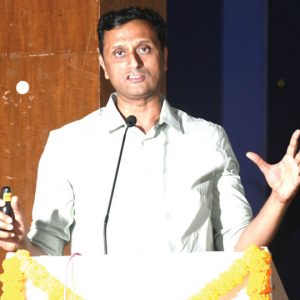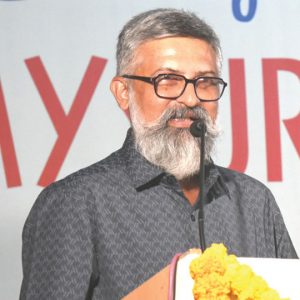The saying To err is human, to forgive is divine is an ancient diktat which may be hard for mortals to adopt in daily life, however noble its message may be. The humorous modification of the saying, attributed to that inimitable public speaker Mark Twain (1835-1910), “To eat is human, to digest is divine” may be appropriate in our times, given the extended meaning for the act of eating, particularly the range of errors committed by people at large inviting public gaze after being reported in the dailies. The dramatically growing number of errors triggering action by the law-keeping machinery of the government, reportedly committed by both common people across the land as well as those in high posts with impressive profiles such as spiritual heads with large following, leaders contesting polls to the various Legislative bodies, academics of standing in their chosen fields, heads of their respective countries and so on, not to forget clergy of different faiths have tended to be marked by an intimate connect with sexuality, a human weakness proving the undoing of the error-prone players.
While exercising vigil and fail-safe caution guarding against committing errors, particularly those involving temptation, is not everybody’s cup of tea. We come across in narratives traced to the land’s distant past of how even strong-willed rishis and highly-placed characters have committed errors including sexuality. They also practised the culture of remorse and atonement (praayashchitta and pashchaathhaapa) as a get away.
Targeting females and children to commit sex-driven criminal acts, including heinous assaults resulting in their death, has tended to have taken its vice-like grip on society lately. Given the shyness in reporting such incidents on the part of many families, particularly among the rustics, their numbers finding publication in the dailies could be the proverbial tip of the iceberg. Even as the profiles of the offending flock, facing charges of raping has enlarged to a bewildering extent, both the law-making and law-enforcing wings in the land’s administration find themselves at their wits’ end in checking both the rate and number of such criminal acts.
The opening para of a report published by a widely read daily a few days ago which reads: “The Dalai Lama said on Saturday that he has known about sexual abuse by Buddhist teachers since the 1990s and that such allegations are nothing new,” says it all. The opinion of the Tibetan spiritual leader is a case of candid confession that mocks at spirituality in the face of sexuality.








Recent Comments